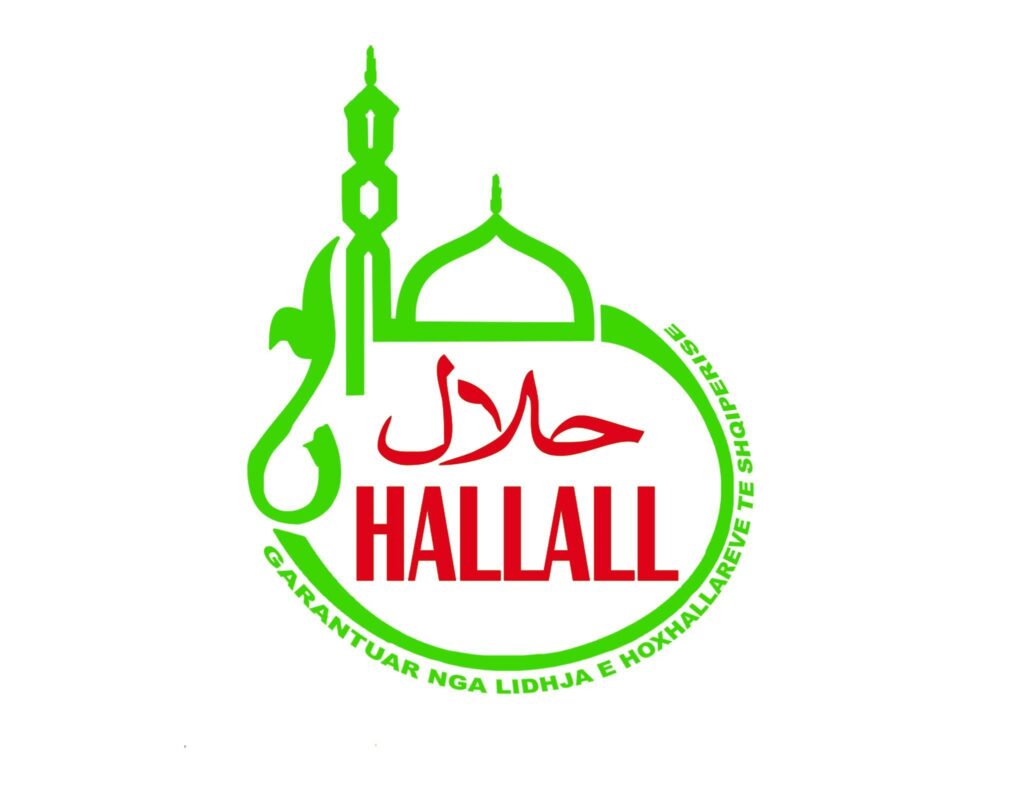
Halal Certification
- Eating halal while fulfilling certain dietary requirements of Islam is a religious obligation that is recognized by almost all Muslims, even many non-Muslims. Muslim believers make up about 1/6 of its inhabitants in the world today, and based on this reality, the demand and supply for halal products is extremely large. In order to ensure that halal products meet all the Islamic criteria to be halal, as well as to close the scope of abuse against consumers who seek these food products, certification institutions, state and non-state, which perform the role of guarantor between the producer of a product for which he claims to be halal and the consumer who is interested in this product.
- Halal certification is now a worldwide practice and in some Muslim countries it is carried out by the state itself, but also in some non-Muslim countries the state helps in the application of this standard, which even though it is seen as a private standard, it does not allow its abuse by other parties that may use the halal designation while they do not meet this standard.

Halal certification process
- Standardi Hallall është një platformë e fokusuar në identifikimin dhe plotësimin e kërkesave të fesë Islame gjatë proçesit të prodhimit të produkteve ushqimore si dhe plotësimin e kërkesave bazuar në parametrat e sigurisë ushqimore, duke përfshirë aspektet e higjenës, Praktikat e Mira Prodhuese, infrastrukturën prodhuese, funksionimin e sistemit të auditimit të brendshëm etj. Nga plotësimi i këtyre parametrave kompania prodhuese demonstron aftësitë për të identifikuar dhe kontrolluar pajtueshmërinë e Sistemit të Sigurisë Hallall konform standardit Hallall.
- After the finalization of the agreement with the client, the certification body inspects the premises of the company and performs a complete analysis of the food production system referring to the requirements of the Halal standard, where at the end of the inspection process non-conformities resulting during the production process of the food product are presented. The non-conformities identified may be in the system of documentation, implementation, awareness of employees, processing, traceability and verification of ingredients, legal compliance and standard work regulations.
Benefits of Halal Certification
- Guarantee in the production of food products in accordance with the requirements outlined in the Halal standard;
- Adding value to the product by implementing a globally recognized standard;
- Creating a positive image and opportunities for cooperation with potential clients.

Why Tirana Food Consulting?
The integrity and professionalism of the Tirana Food Consulting team make it possible to protect producers/processors and guarantee consumers. Our team offers full support and cooperation in all steps of setting up the Halal Security System, in order to successfully achieve Halal certification from the first application stage and during the inspection/certification process.
The fields of consultancy offered by Tirana Food Consulting for the implementation of the Halal Safety System include the phases of: Planning, Organization, Management, Human Resource Motivation, Monitoring, Risk Analysis, Internal Audits and Evaluation.
- 00355 67 75 75 020
- 00355 68 31 94 900
- [email protected]
- www.tiranafoodconsulting.com
- Don Bosco Street, Tirana, Albania